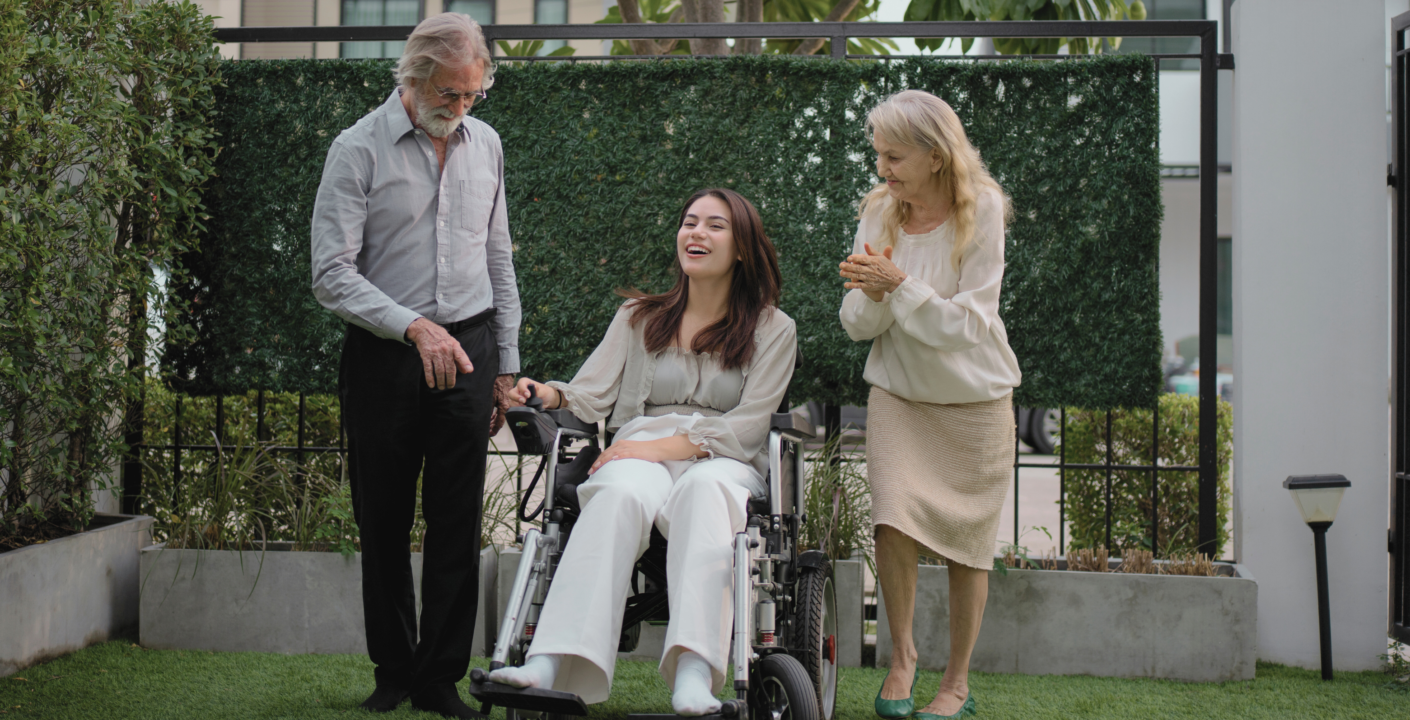Family members’ involvement is invaluable when it comes to providing comprehensive care for participants. Family support plays a crucial role in enhancing the quality of care and ensuring that participants’ needs and preferences are met effectively.
This article explores how families can contribute to the care process, offering practical examples of how their involvement can make a significant difference.
Family members are often the closest allies of participants, providing emotional support, companionship, and a deep understanding of their loved ones’ unique needs. Their involvement can bridge gaps in communication and help support workers tailor their services to suit the participant’s requirements better.
Communication and Collaboration
One of the most significant contributions families can make is fostering open communication between participants and support workers.
By sharing valuable insights about the participant’s preferences, routines, and history, families can help create a more personalised care plan. For instance, a family member might inform a support worker about the participant’s favourite activities or triggers that may cause distress, enabling the worker to provide more effective care.
Practical Support and Assistance
Families can also offer practical support by assisting with daily activities and helping to manage the participant’s environment.
Here are some ways family members can help:
Medication Management: Family members can help ensure that participants take their medication as prescribed, keep track of refills, and monitor for any side effects.
Appointments and Scheduling: Families can assist by coordinating medical appointments, accompanying participants to their appointments, and relaying important information to healthcare providers and support workers.
Daily Living Activities: Assisting with meal preparation, housekeeping, and transportation tasks can ease the participant’s burden and ensure a comfortable living environment.
Emotional and Social Support
Participants often thrive when they feel emotionally supported and socially connected. Families can play a pivotal role in providing this support by:
Engaging in Social Activities: Spending quality time with the participant, whether it’s through shared hobbies, outings, or simply enjoying a meal together, can significantly improve their well-being.
Encouraging Participation in Community Events: Families can motivate participants to engage in community activities, fostering a sense of belonging and promoting social interactions.
Providing a Listening Ear: Being available to listen to the participant’s concerns, fears, and joys can help them feel valued and understood.
Training and Education
Families can benefit from training and educational programs offered by care providers, enhancing their ability to support their loved ones effectively. For example:
Clinical Training: Learning about specific medical conditions, emergency medication procedures, and chronic disease management can empower families to provide better care at home.
Mental Health Education: Understanding mental health conditions and recovery strategies can help families support participants dealing with psychological challenges.
Skills Development: Training in areas such as continence care, wound management, and nail care can enable families to assist with specialized care needs.
Advocating for the Participant
Families can advocate for participants, ensuring their voices are heard, and their rights are respected.
This advocacy can involve:
Communicating Preferences: Conveying the participant’s preferences and concerns to support workers and healthcare providers.
Monitoring Care Quality: Observing the quality of care provided and promptly addressing any issues or discrepancies.
Seeking Additional Resources: Identifying and accessing additional resources or services that may benefit the participant.
—
The role of family in participant care is multifaceted and profoundly impactful. By enhancing communication, providing practical and emotional support, engaging in training, and advocating for their loved ones, families can significantly contribute to participants’ well-being and quality of life.
At the heart of this support is a commitment to understanding and meeting each participant’s unique needs, ensuring they receive the compassionate and personalized care they deserve.








